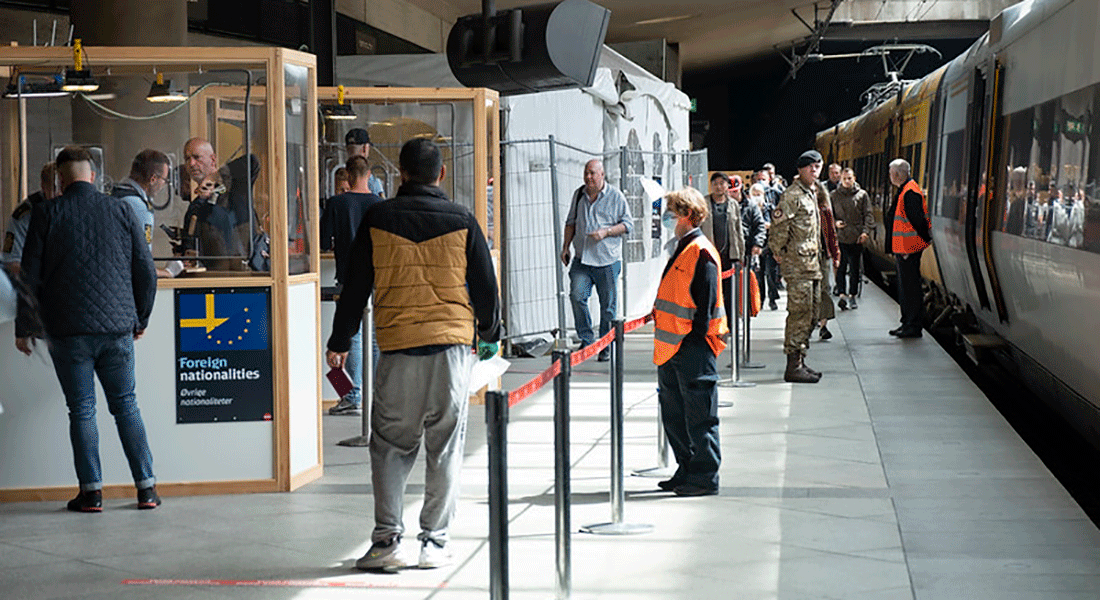The Covidfencing project
Empirical approaches to studying the Öresund cross-border region
Rhiannon Pugh (Lund University) will delve into the methodology behind their study, as presented below. Pugh invites fellow researchers and the interested public to engage in a thoughtful discussion about the methodological aspects of researching borders and to share different approaches to conducting research across borders.

The Covidfencing project
The COVID-19 pandemic brought to the limelight the special role of cross-border regions (CBRs) in the European Union (EU). CBRs connect various regions at state borders and foster intensive social and economic relationships which are vital for the livelihoods of millions of people. However, national crisis response measures including border closures (‘covidfencing’) have caused serious disruptions to the CBRs’ functioning, revealing a conundrum in EU integration whereby the effective functioning of CBRs, which embody the successes of a borderless area, is severely impaired in crises by a lack of explicit recognition in EU law.
The Covidfencing project intends to illuminate the necessity to regulate CBRs in EU law and to analyse critically whether this would be a suitable means for ensuring their effective functioning and resilience in future crises. In a unique multi-disciplinary study combining law and regional economic geography perspectives, the project, first, questions the particular role of CBRs in EU integration and whether their status in the EU’s legal framework corresponds to their economic and societal relevance. Second, the study seeks to elucidate the effects of the predominantly national crisis measures during the COVID-19 pandemic on CBRs, and assess whether regional, national and EU-level coordination efforts have been adequate to ensure their proper functioning. Third, the study endeavours to clarify whether the role of CBRs warrants an enhanced status under EU law material presence, the hierarchies of currencies, countries, and people that constitute the logic of racial capitalism.
The webinar is free of charge, but you have to register to attend.
About the series
The seminar series Comparative Borderlands Research Seminar – A global seminar series on borders and boundary-making today is arranged by the Öresund Comparative Borderland Research Group, funded by CEMES.
